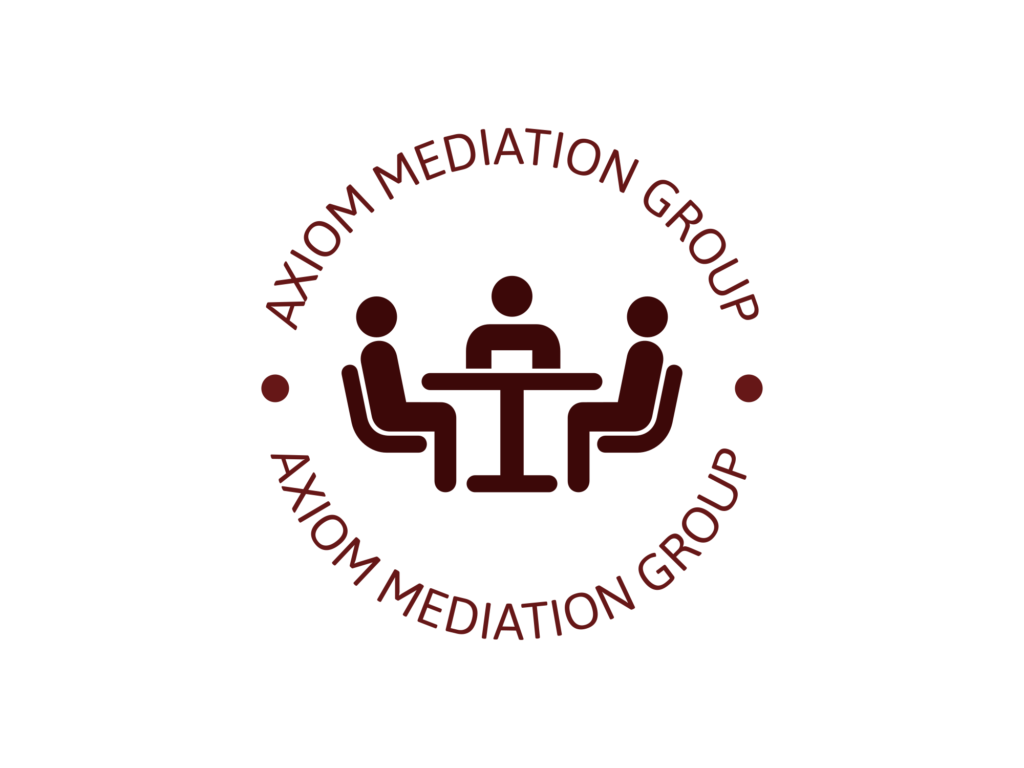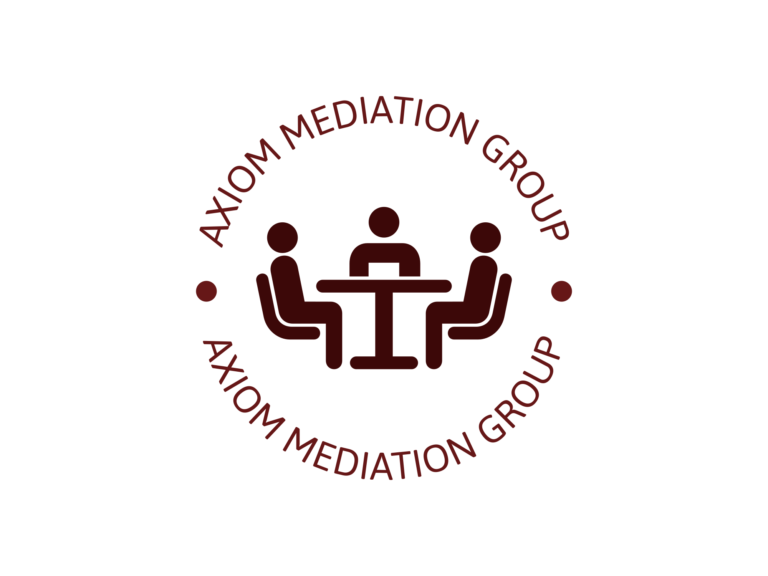Axiom Mediation offers numerous benefits as an alternative dispute resolution (“ADR”) process for individuals and organizations seeking to resolve conflicts or disputes. Here is a list of just some of the key benefits of mediation:
Voluntary Participation in Mediation:
Mediation is a voluntary process, which means that all parties involved choose to participate. (Ok, sometimes it is ordered, but only if the parties are interested in a resolution is it likely to be successful.) This often leads to a greater sense of ownership and commitment to finding a resolution.
Mediation offers Control and Empowerment:
Axiom Mediation empowers the parties to actively participate in crafting their own solutions. The parties have more interest in the resolution and know more about the problem than a judge or jury, who are strangers. This control over the outcome can result in more satisfying and durable agreements compared to decisions imposed by a court or arbitrator.
Axiom Mediation offers Confidentiality:
Axiom Mediation is typically confidential, allowing parties to openly discuss their concerns without fear of their statements being used against them in future legal proceedings. There are vary few exceptions to the confidentiality that govern mediations. This encourages honest and open communication.
Axiom Mediation is Cost-Effective:
Axiom Mediation is generally less expensive than litigation or arbitration. It saves both time and money by avoiding lengthy court proceedings, legal fees, and other associated costs. Many litigation cases ultimately are resolved in mediation!
Axiom Mediation is Flexible and Informal:
Axiom Mediation is less formal than traditional legal proceedings, allowing for more flexible scheduling and a less intimidating environment. This can make it easier for parties to express their feelings and concerns. The outcomes similarly can include things that courts can’t give!
Axiom Mediation offers Preservation of Relationships:
Axiom Mediation focuses on finding mutually acceptable solutions, which can help preserve relationships that may have otherwise been strained or destroyed through adversarial legal battles.
Axiom Mediation results in Mutually Beneficial Solutions:
Axiom Mediation aims to create win-win outcomes, where both parties can benefit from the agreement. This contrasts with litigation, which often results in a winner and a loser. Mediation provides risk reduction and management – you decide whether the outcome is one that is acceptable to you!
Axiom Mediation offers Faster Resolution:
Axiom Mediation generally takes less time than litigation, which can be especially advantageous for parties who want to resolve their issues quickly.
Axiom Mediation Reduces Emotional Stress:
The collaborative nature of mediation can reduce the emotional stress and psychological toll that often accompanies contentious court battles.
Axiom Mediation creates Customized Solutions:
Axiom Mediation allows for creative and tailored solutions that meet the specific needs and interests of the parties involved. This level of customization is not possible in a courtroom. Mediator Tom Roberts brings the creativity of an artist with the mind of a seasoned litigator together to create acceptable solutions.
Axiom Mediation offers High Compliance Rates:
Since the parties themselves have a say in crafting the agreement, they are more likely to abide by the terms, resulting in higher compliance rates with mediated agreements.
Axiom Mediation provides a Supportive Environment:
Axiom Mediators are trained to create a supportive and constructive atmosphere for communication. They help parties understand each other’s perspectives and facilitate productive discussions.
Axiom Mediation is Less Adversarial:
Unlike courtroom proceedings, mediation promotes a cooperative and collaborative approach to resolving conflicts, which can be especially helpful in maintaining a positive atmosphere, particularly in family or workplace disputes.
Axiom Mediation is Less Destructive:
Axiom Mediation minimizes the adversarial nature of conflicts, reducing the potential damage to reputations and minimizing the negative impact on individuals’ personal and professional lives.
You Should Contact Axiom Mediation Today!
Overall, mediation is a versatile and effective process that offers a range of benefits for resolving disputes across various contexts, from family matters to business disagreements and beyond.



